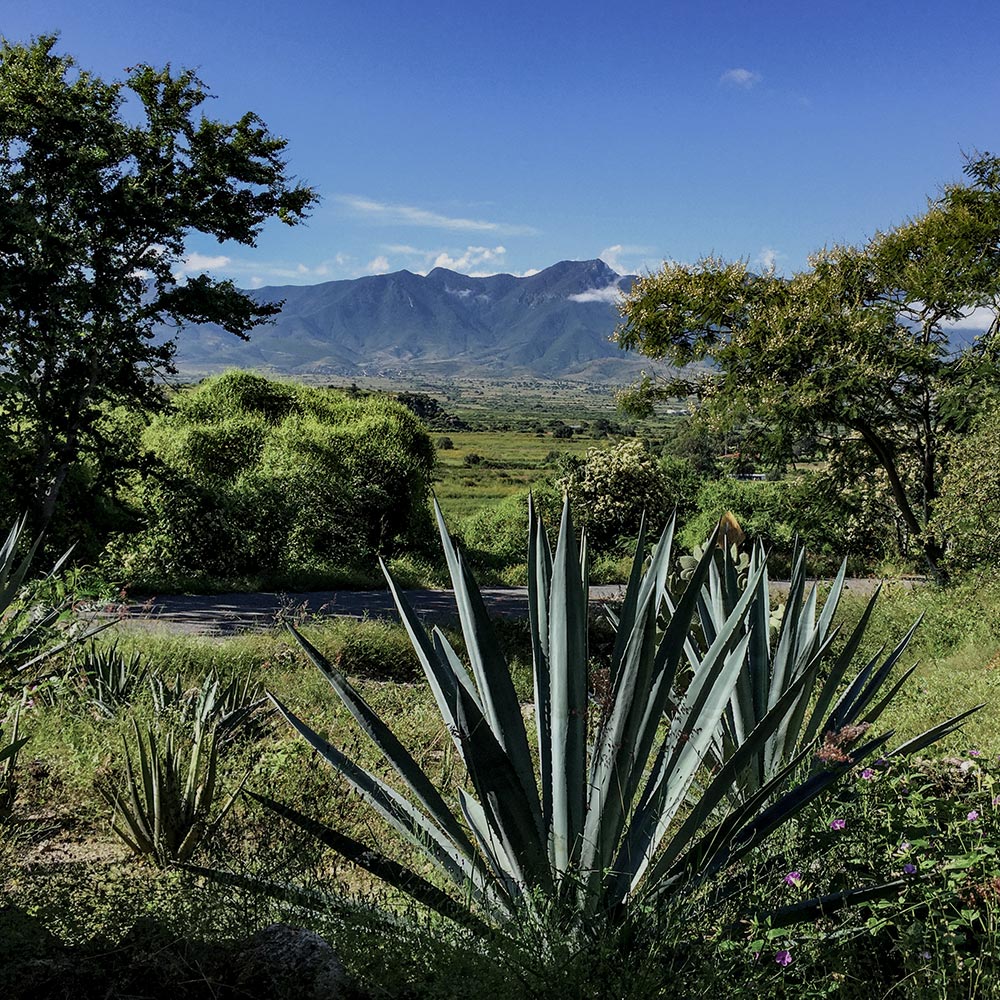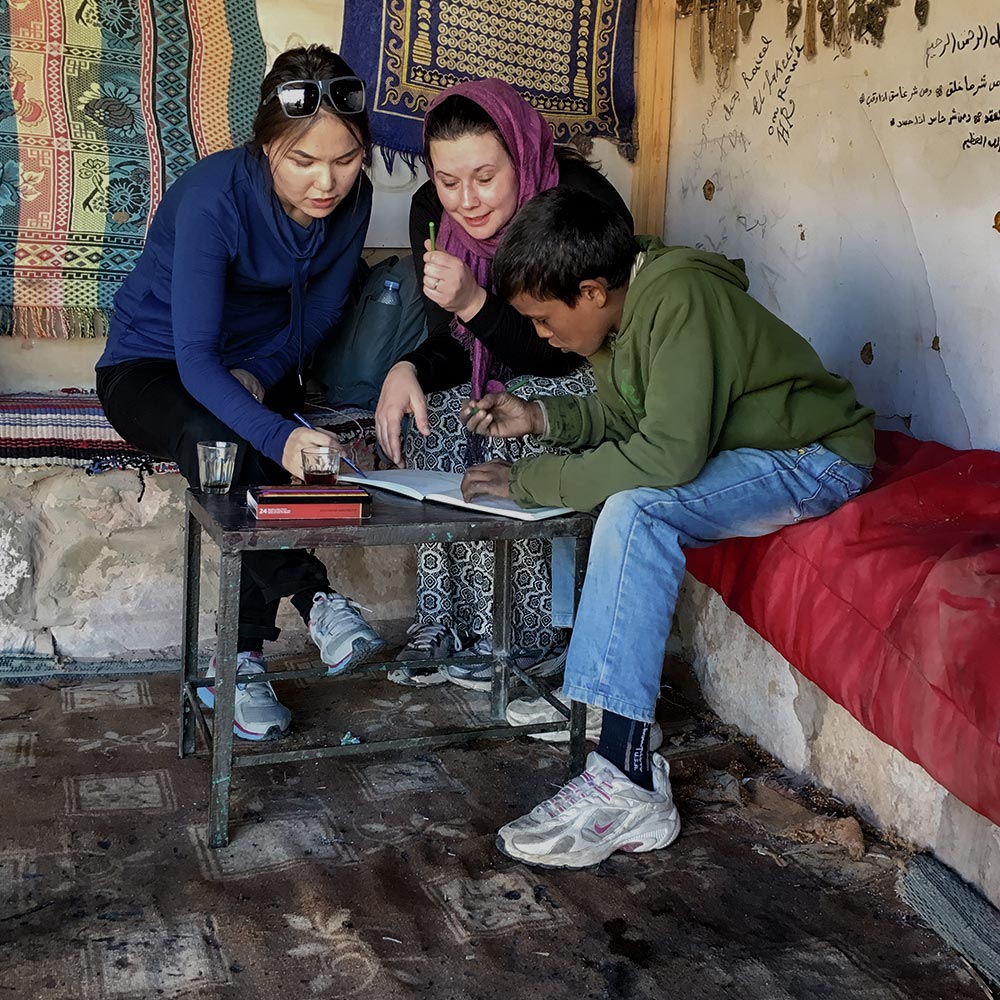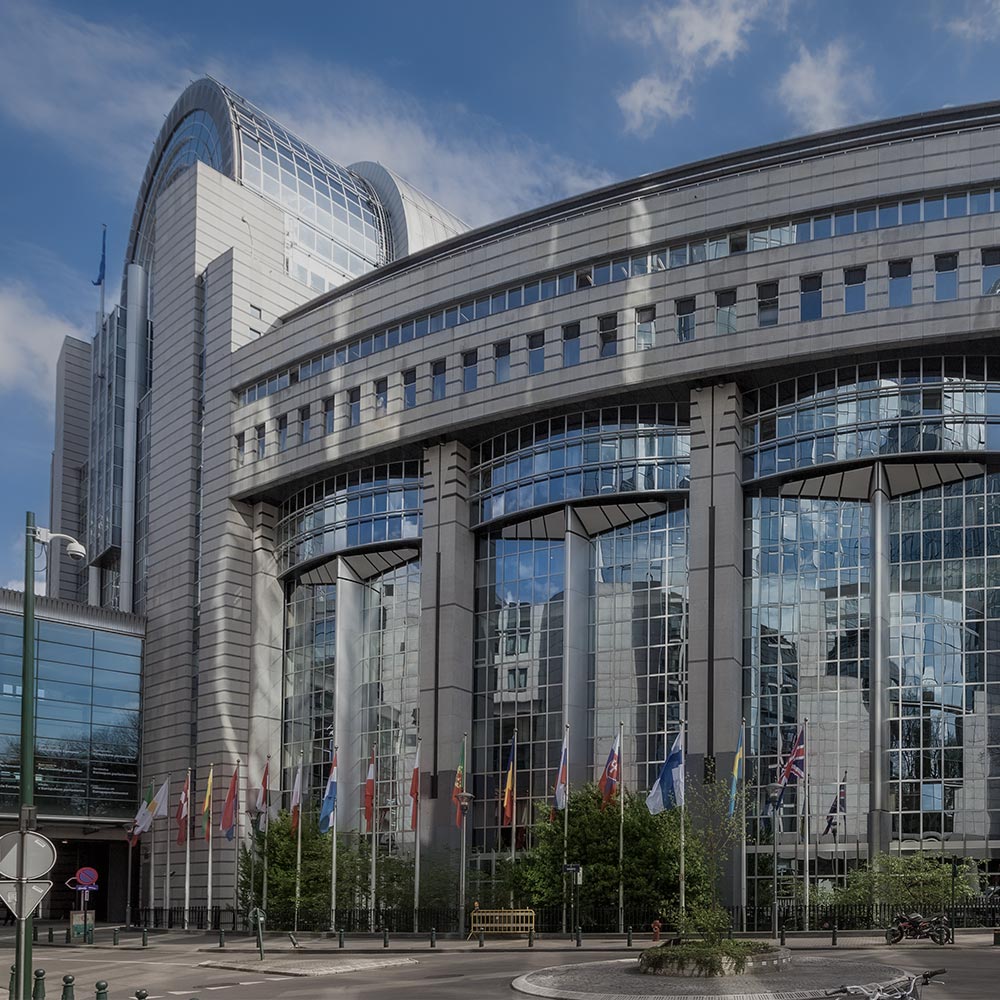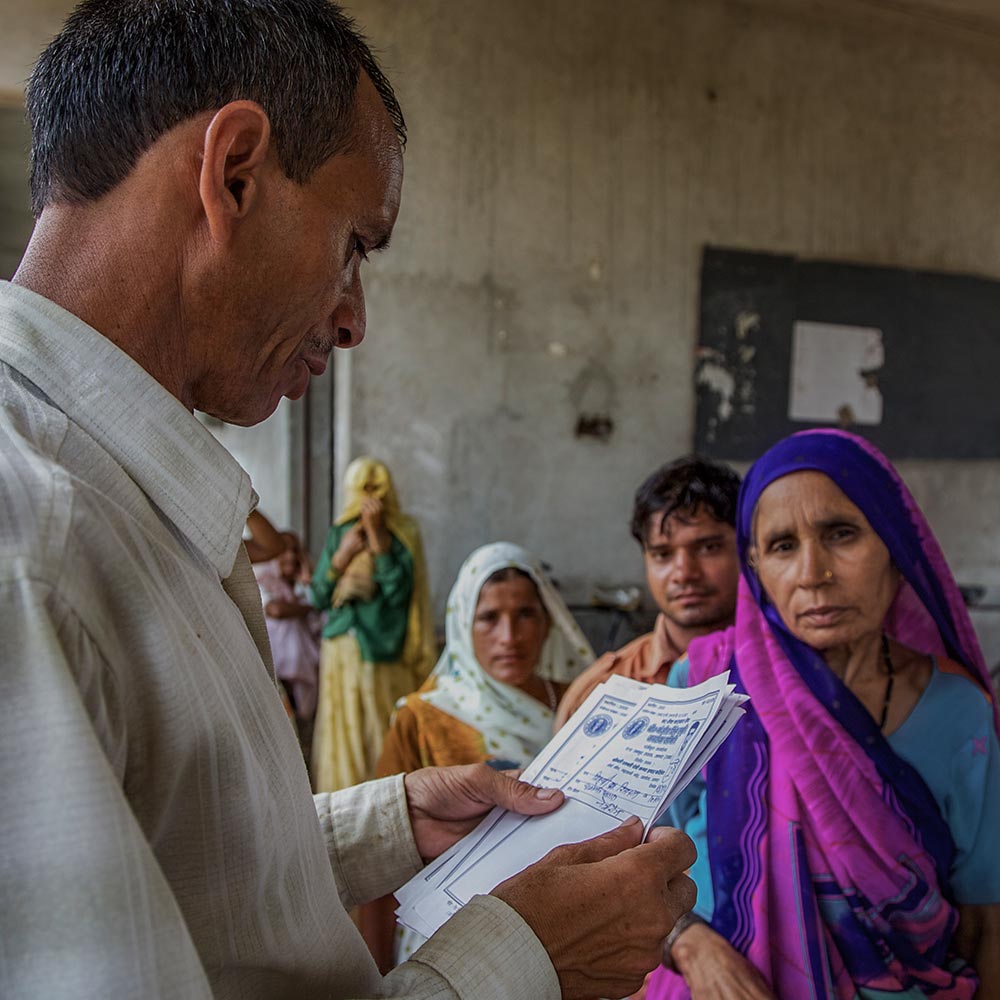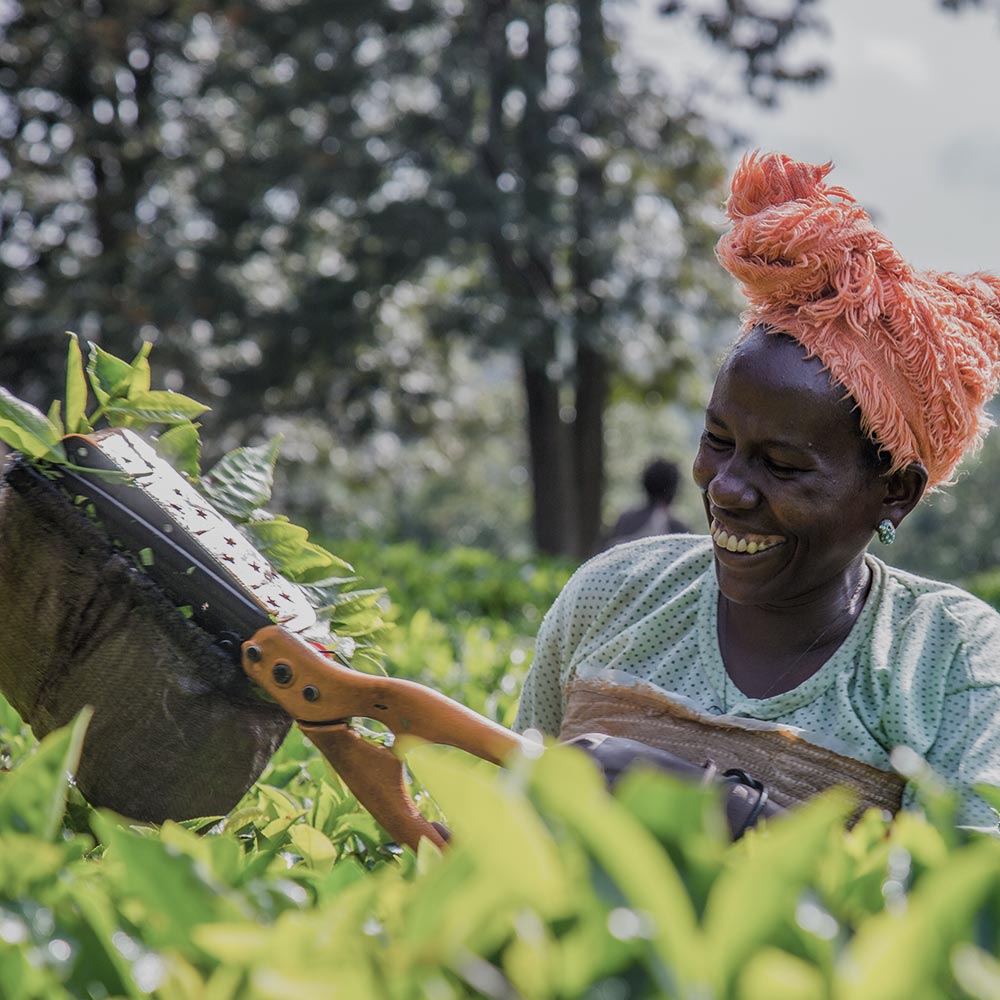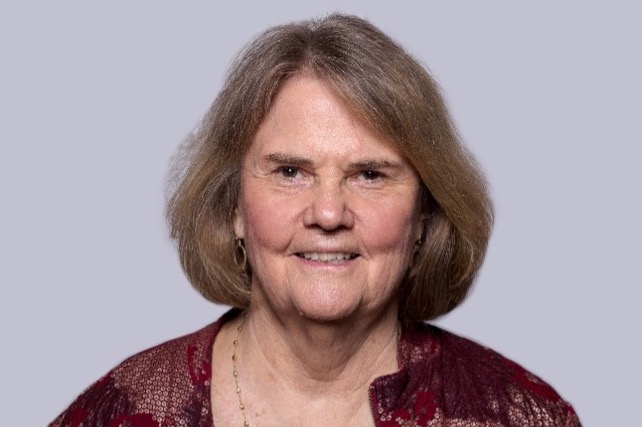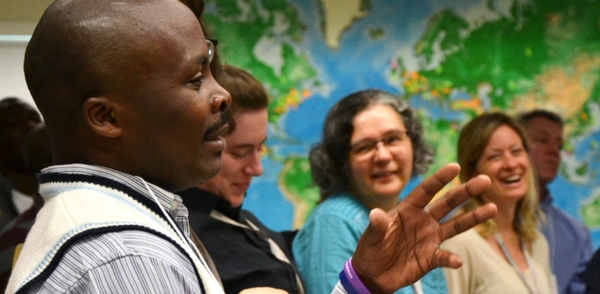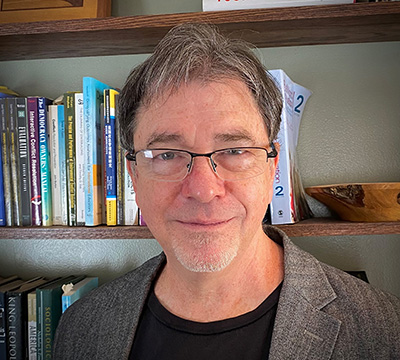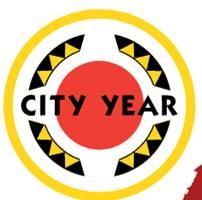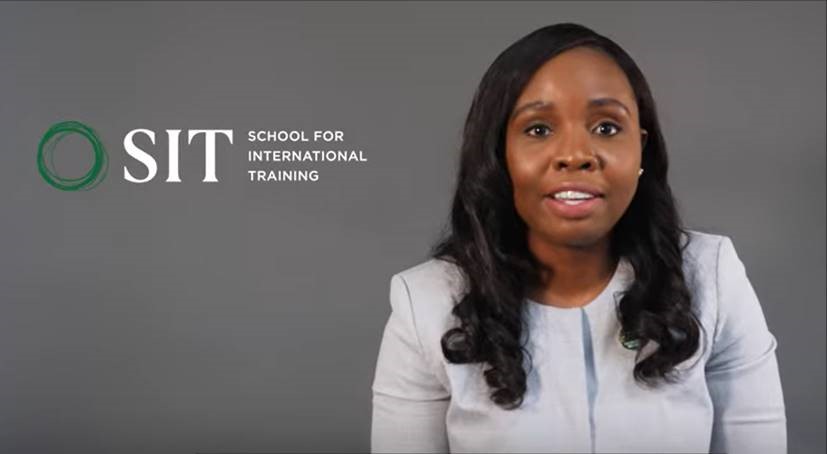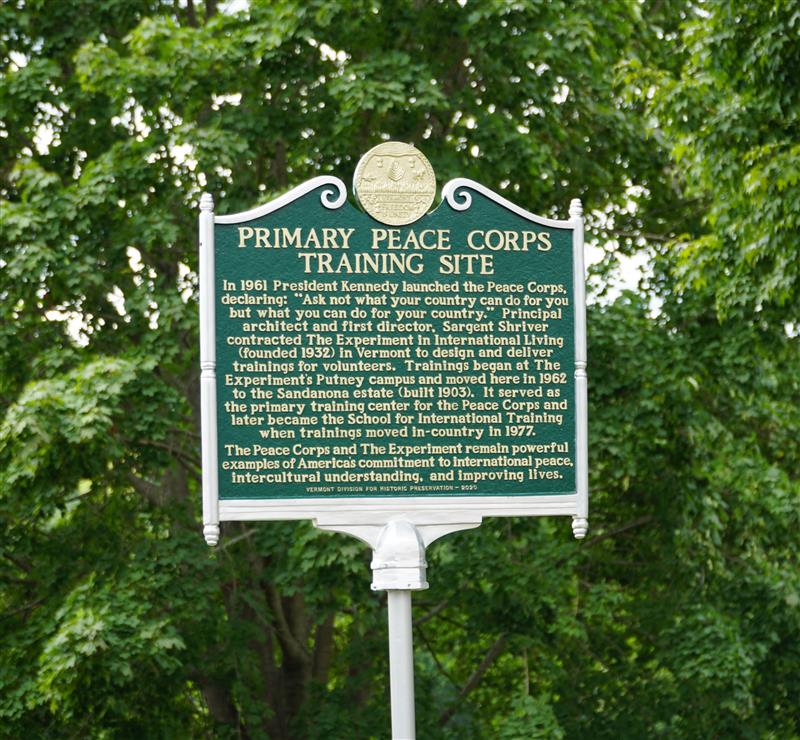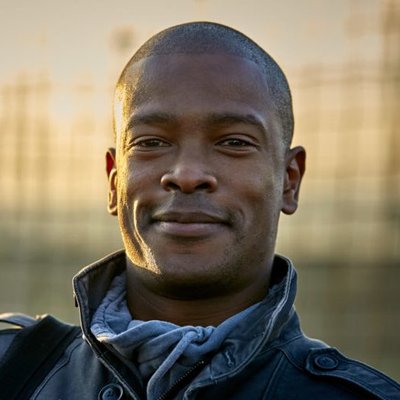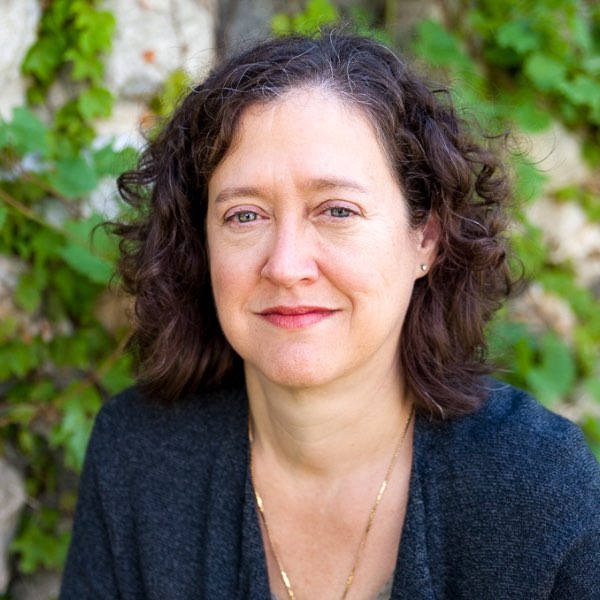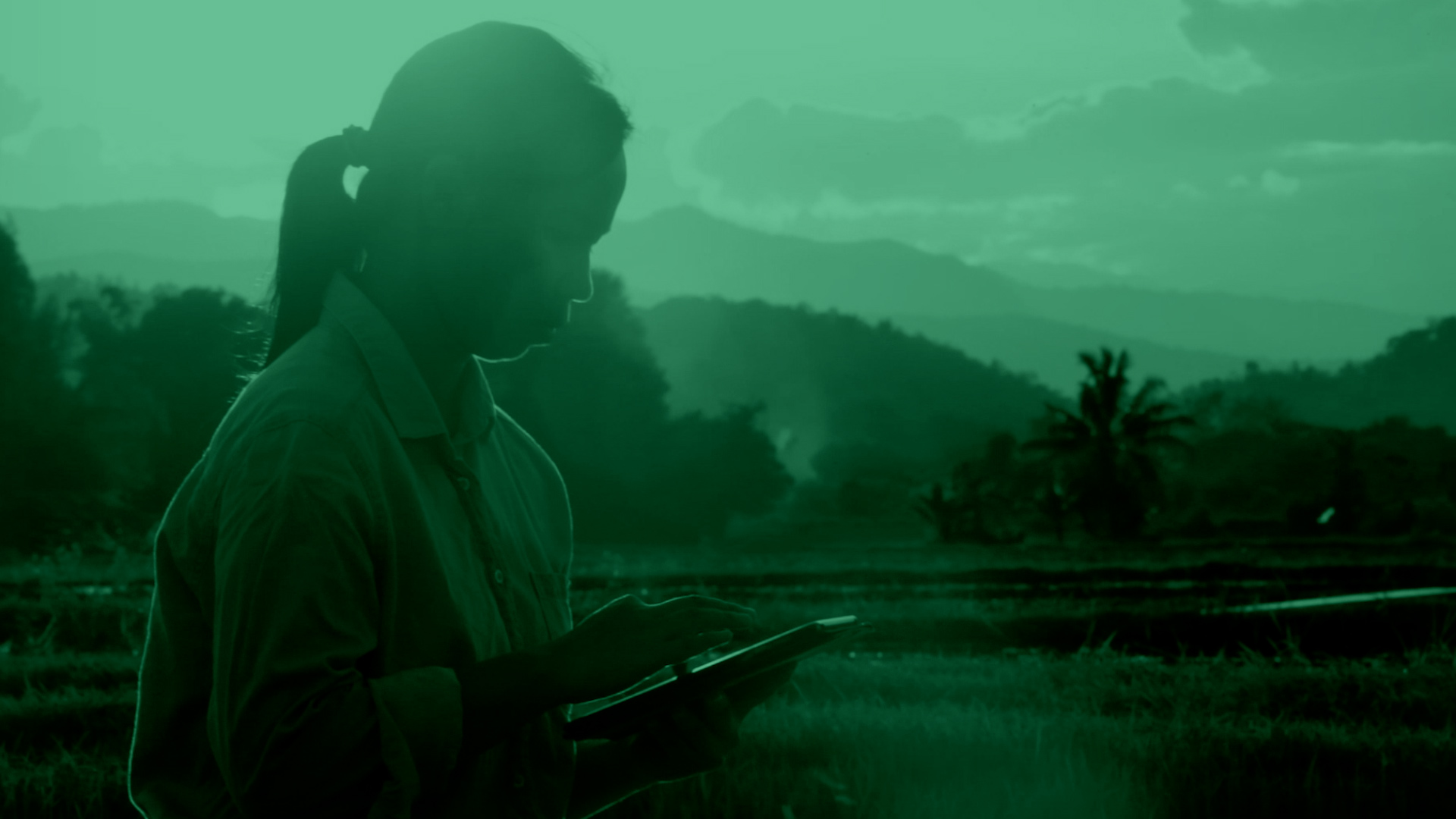

THE ORIGINAL GLOBAL CAMPUS
Global Master's Degrees & Certificate Programs Grounded in Experiential Tradition. This is SIT.
Program Areas
SIT develops our programs within a framework of the most Critical Global Issues of the day so that the next generation of leaders has the expertise and intercultural understanding they need to engage all identities, perspectives, and cultures with respectful, enduring, and meaningful responses.

SIT AT A GLANCE
Founded in 1964 and based in southern Vermont, School for International Training provides experiential Global and Hybrid graduate-level certificates, master’s, and doctorate degrees in formats that fit the needs of professionals working for change in their communities, their countries, and their planet.

A GLOBAL UNIVERSITY
As the only U.S.-accredited university tied to an international NGO, SIT’s global campus comprises nearly 40 learning centers in 29 countries. Whether your goal is to work in the United States or abroad, SIT prepares you to become a professional with the skills to work within diverse environments.
What's New at SIT
Five reasons to earn your master's in international relations with SIT
Bahati Kanyamanza named to U.S. Refugee Advisory Board
First Nations values and culture guide one student’s Global Master’s path
On New Hampshire Public Radio, Dr. Bruce Dayton calls for diplomatic efforts to resolve the crisis in Ukraine
City Year-SIT partnership scholarships increase
SIT and World Learning forge innovative solutions to refugee resettlement
World Learning board member and SIT alumna Aisha Cooper on how SIT helped her create change in the world.
Shared history of SIT, World Learning, and Peace Corps focus of events
Climate change alumna pens urgent Vermont assessment
TESOL book benefits refugee scholarship
SIT Graduate Institute is proud to be AmeriCorps School of National Service
Scholarship benefits for Peace Corps volunteers
Global Affiliations
SIT Graduate Institute has partnered with the following educational institutions and nonprofits to highlight the visions and shared values of both organizations. If you are an alum or a member of one of our affiliates, you may be eligible to receive a scholarship toward one of our master’s degree programs.
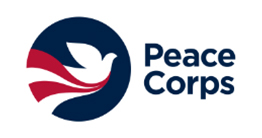

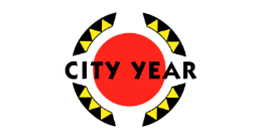
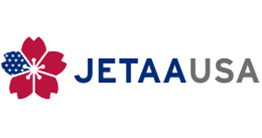
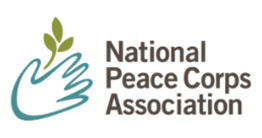

-
 45number of countries represented by SIT Graduate Institute students
45number of countries represented by SIT Graduate Institute students -
 68,000+students have participated in SIT programs
68,000+students have participated in SIT programs -
 60years of experience as a leading higher education institution
60years of experience as a leading higher education institution
Career Spotlight
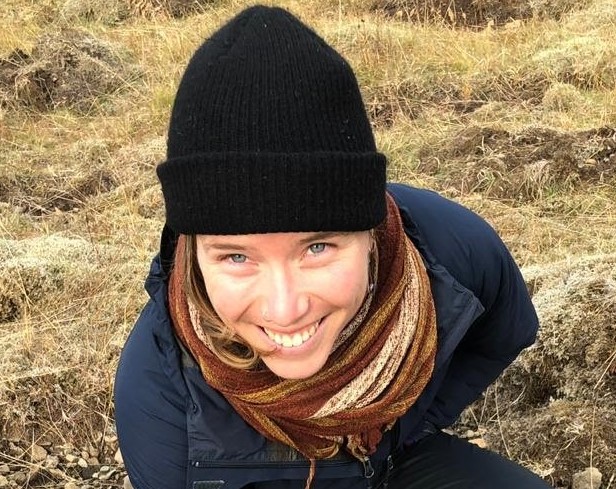
Expert Faculty
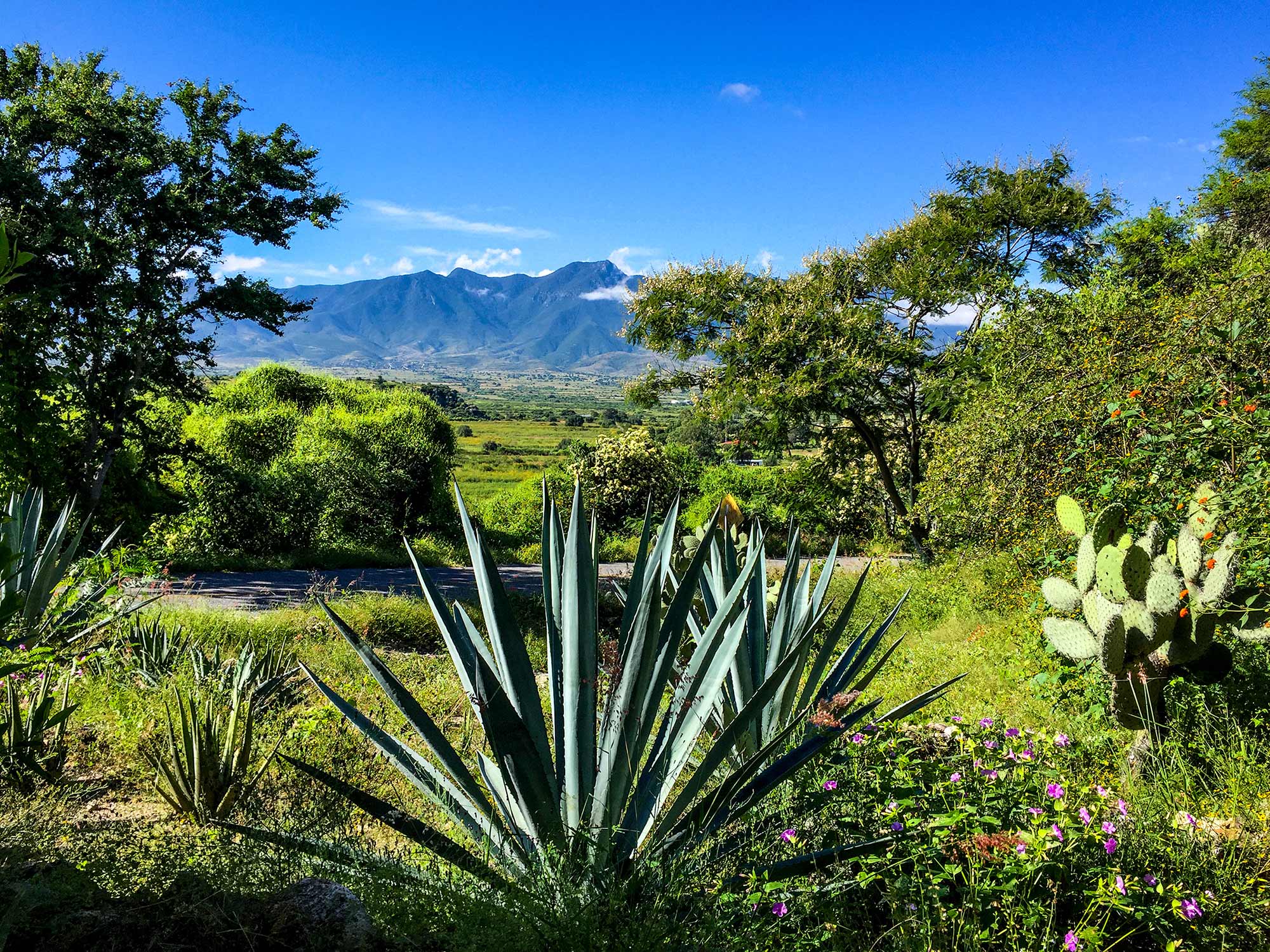
Connect With Us
Take the first step toward an extraordinary graduate experience.


